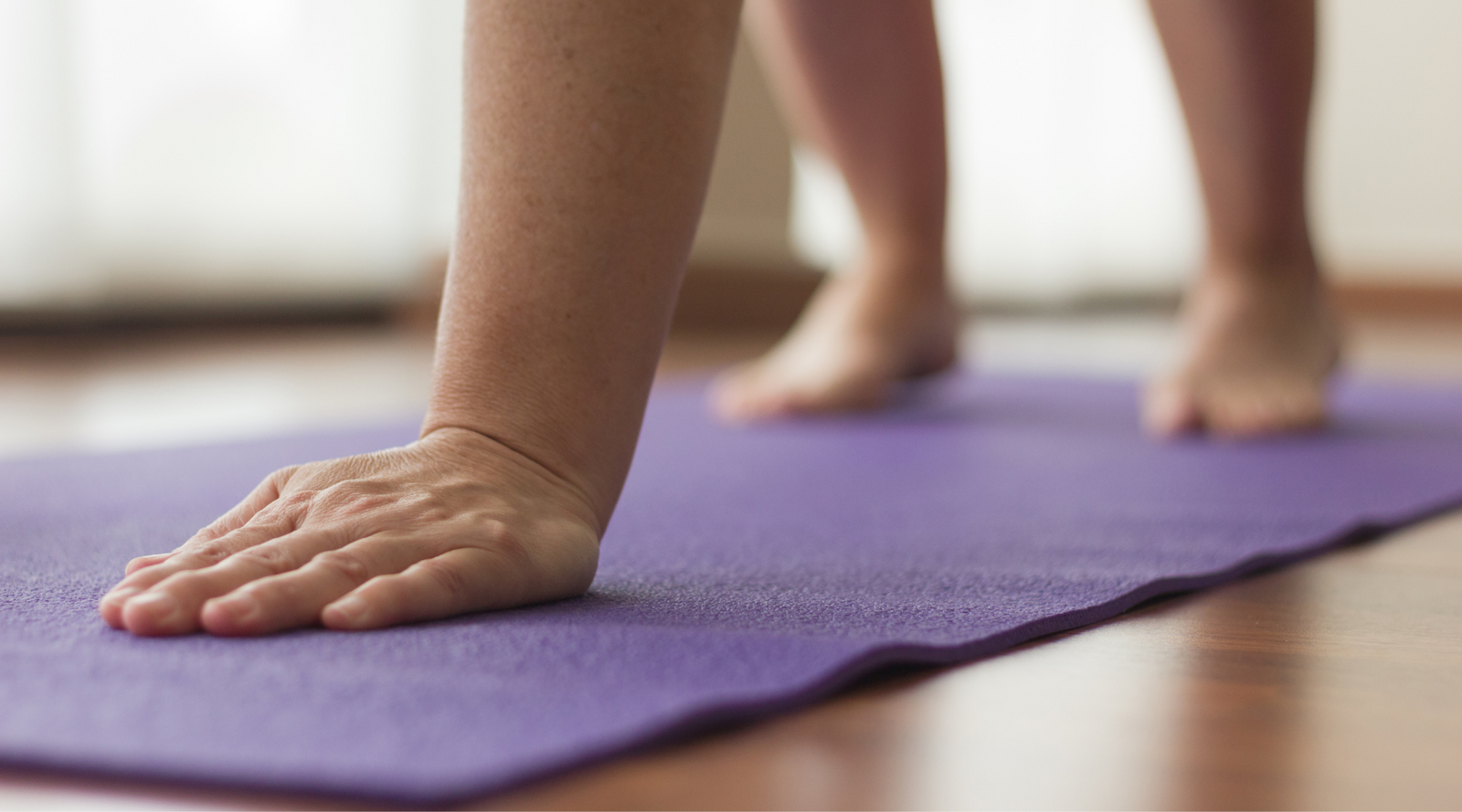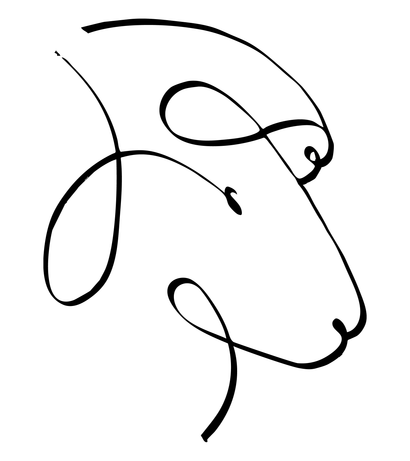Free shipping on all domestic orders over $150
Free shipping on all domestic orders over $150
Shop
Add description, images, menus and links to your mega menu
A column with no settings can be used as a spacer
Link to your collections, sales and even external links
Add up to five columns
Add description, images, menus and links to your mega menu
A column with no settings can be used as a spacer
Link to your collections, sales and even external links
Add up to five columns

It's okay to be a beginner
September 26, 2022 2 min read
It’s okay to be a beginner. In fact, it can be awesome. When you go back and approach things as a beginner, you will learn so much - you’ll likely learn things you didn’t even know you didn’t know. Here’s why - when you’re an actual beginner, you’re taking in information at a very rapid pace. Everything is new and fast, your brain hasn’t yet created the neural pathways that are what learning is. All the new information comes in and there’s literally no place for your brain to put it all. But if you go back and be a beginner again, you’ll hear those things again, and they’ll make more sense. This is especially true if you jumped in quickly to something or if you’ve been away from it for a while.
I’ve been doing Pilates for about 20 years, but a hiatus that started with Covid and went on much longer than it should has kept me out of it for two years. Recently, I figured I could jump right back in. As Julia Roberts so famously said in Pretty Woman, “Mistake, Big mistake. Huge.”
I was not as strong as I’d been. Some of the moves hurt my back, and many of them I just couldn’t do at all. I felt sore, and not in a good way. Demoralized and ashamed of myself, I found a beginning Pilates video and pushed play. It was amazing. Not only did I get a great workout, I learned a lot. I learned those things that I’d either forgotten, or had never known. I felt my ribs expand horizontally with my inhale and what it meant to knit my ribs together. I learned what it meant to tucked my tailbone and flatten my lower back into the mat. I learned that pressing into my heels did for my bridges and how much of a difference it makes to squeeze my glutes like no-body’s business (which of course, is nobody’s business, but there it is) I thoroughly enjoyed this beginner workout on so many levels..
It’s the same with our knitting. Most knitters, myself included, jump into a project as soon as they can knit and purl and probably never looked back or thought too much about the basics. Even many experienced knitters don’t understand the why’s of what we do, and what happens if we do something else. After you’ve been knitting for a while, you expect yourself to know this stuff, often go If we’ve been away for a while, or we jumped in and over some of those basics, we can struggle when we come up against terms, techniques, and concepts that are the foundation of success.
So here’s my point. You don’t have to know everything - It’s okay not to know something and to be confused, , whether you’re a beginner or not. There are no stupid questions. It’s always okay to ask the simple questions You don’t always have to challenge yourself - It’s okay to work a super simple fun project and enjoy being a beginner again

